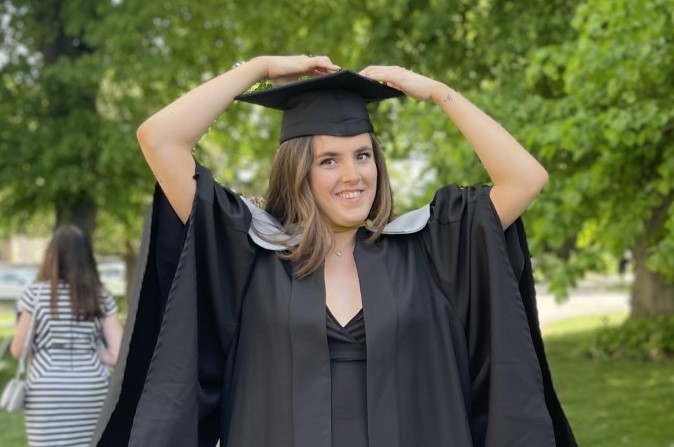Part of the ‘My Story’ series of reflections by Student Success Diversity Mark Officers.
As a white, female student, born and raised not far from Canterbury, I have never truly experienced the isolation of not belonging. Whilst it would be easy for me to remain in the comfort and security of the spaces that I exist, knowing that other people struggle on the periphery of these spaces, through no fault of their own, does not sit right with me. Growing up, my parents made a conscious effort to ensure that I was aware of the injustices that occurred around me, the discrimination and inequalities that I could so easily be sheltered from. For this, I will always be grateful. However, there was only so long that I could be guided through such learning before I had to make the decision myself as to whether I continue to learn, or seek solace in knowing I’d done ‘enough’.
I am a firm believer that we as humans are not predisposed to have prejudices, and that instead, this is largely a learnt behaviour. This is not by any means an attempt to assert blame. Instead, it asks the question of how willing people are to go beyond their prejudices and to recognise when they are wrong. I can fully appreciate that this is a deeply uncomfortable realisation, one of which is easy to ignore. However, I know that I have had this realisation, and rather than pretend it is not there, I have acknowledged my privilege as a white person. I know that systemically I have an advantage. I have always been able to sit in a room and see myself in someone else. I have never felt like an outsider looking in. My parents undoubtably played a key role in my curiosity to learn, but my experience at university gave me a safe space to nurture these curiosities. I had lecturers that recognised their privileges, exposing me to different worldviews, those that shifted away from the Eurocentric work I was so use to.
This is why I think work as a Diversity Mark Officer is so important. I was lucky enough to have lecturers that gave me a safe space to move beyond my comfort zone, but this is not the case for many. If I had not had the opportunity to understand my privilege and challenge my positionality, I would not be in the position that I am now. I want to use my experience to show people that it is okay to recognise when you are wrong, and whilst it is an uncomfortable realisation, it is necessary if we want to create change. For we cannot grow without growing pains.

